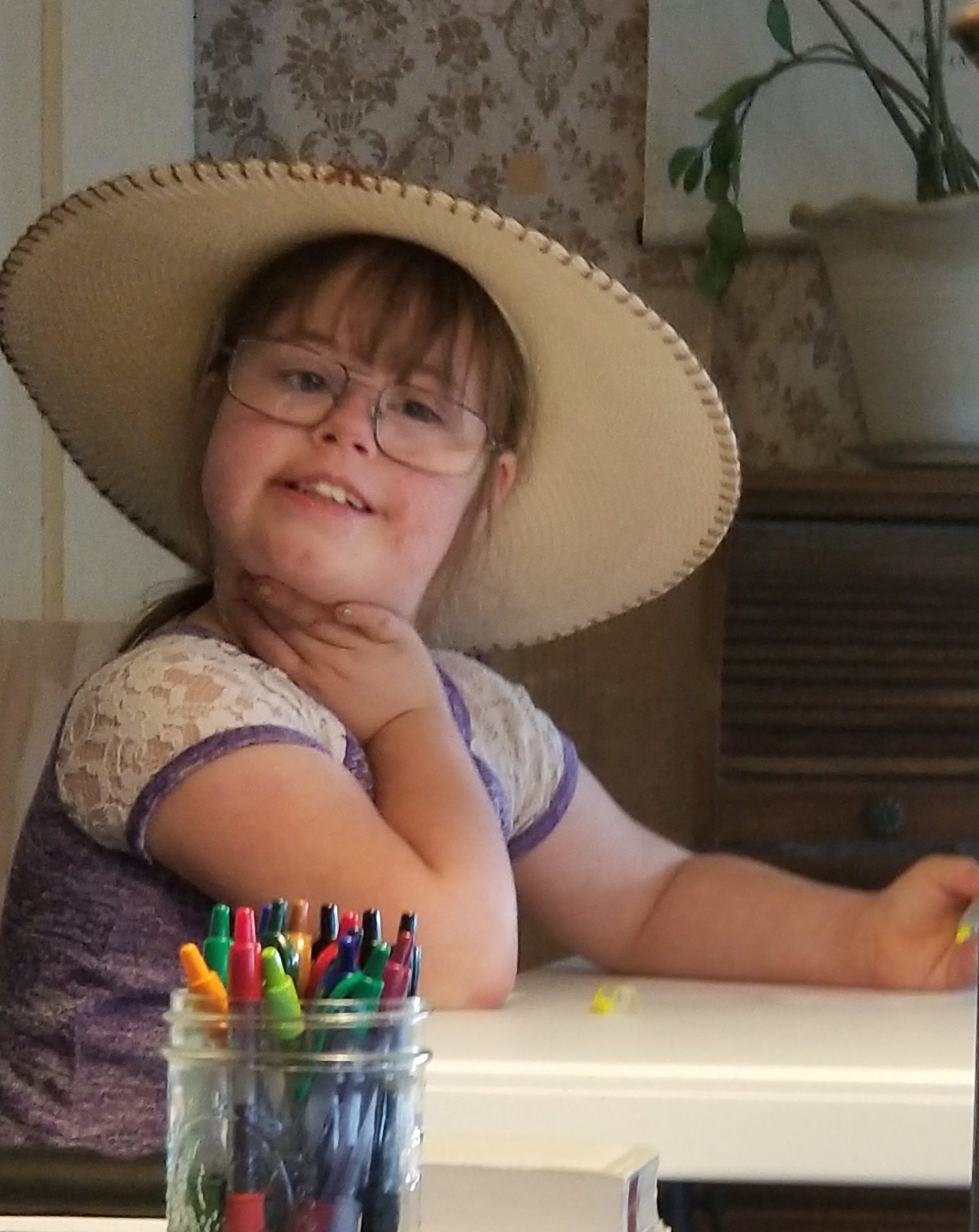Preferred Language Guide
 We believe that how we speak to each other, and about each other is important. Words are powerful and can be crafted as poetry or wielded as weapons. Often people just don’t know what to say, or how to say it for fear of upsetting or offending someone. We understand. We respectfully ask that you read the list below, and use this preferred language in your life and in your work. Thanks to our friends at NDSS for compiling this list.
We believe that how we speak to each other, and about each other is important. Words are powerful and can be crafted as poetry or wielded as weapons. Often people just don’t know what to say, or how to say it for fear of upsetting or offending someone. We understand. We respectfully ask that you read the list below, and use this preferred language in your life and in your work. Thanks to our friends at NDSS for compiling this list.
- People with Down syndrome should always be referred to as people first. Instead of “a Down syndrome child,” it should be “a child with Down syndrome.” Also avoid “Down’s child” and describing the condition as “Down’s,” as in, “He has Down’s.”
- Down syndrome is a condition or a syndrome, not a disease.
- People “have” Down syndrome, they do not “suffer from” it and are not “afflicted by” it.
- Down vs. Down’s – Maine Down Syndrome Network uses the preferred spelling, Down syndrome, rather than Down’s syndrome. While Down syndrome is listed in many dictionaries with both popular spellings (with or without an apostrophe s), the preferred usage in the United States is Down syndrome. This is because an “apostrophe s” connotes ownership or possession. Down syndrome is named for the English physician John Langdon Down, who characterized the condition, but did not have it. The AP Stylebook recommends using “Down syndrome,” as well.
- It is no longer acceptable to use “mental retardation”. You should use the “intellectual disability” or “cognitive disability”, which are not only more socially acceptable, but the standard language in medical and legal settings as well. Maine Down Syndrome Network strongly condemns the use of the word “retarded” in any derogatory context. Using this word is hurtful and suggests that people with disabilities are not competent.